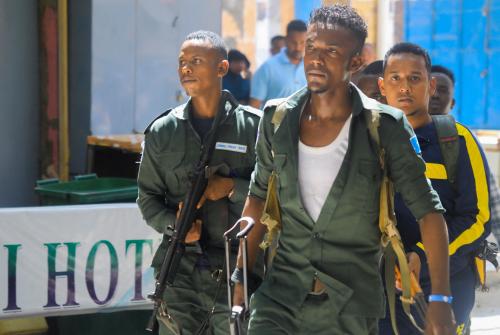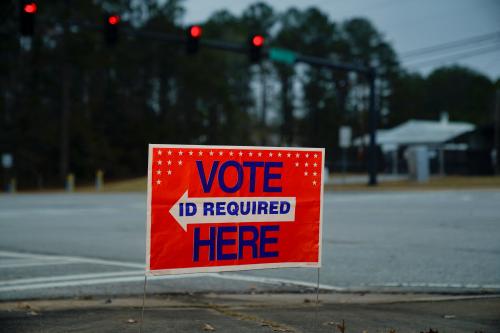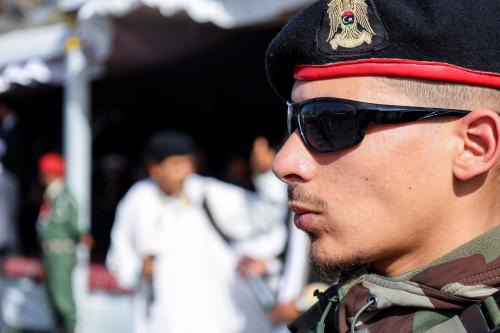The United States spent over $1 billion on military action in NATO’s campaign against Muammar el-Gaddafi, and it has been spending even more each week in Iraq and Afghanistan. The oppressive regimes of Gaddafi, Saddam Hussein, and the Taliban have been displaced, engendering hope for better lives. Yet, these billions of dollar in military action may have diminished terrorism, or inspired more.
United Nations Educational, Scientific, and Cultural Organization (UNESCO), has an annual budget of about $300 million, with the U.S. covering 22 percent, or $70 million. However, after UNESCO admitted Palestine as a member on October 31, the U.S. stopped payment because legislation prohibits funding any United Nations agency that recognizes the Palestinian state. Nevertheless, on December 13 UNESCO will raise the flag of Palestine at its headquarters.
Who cares except UNESCO? Some critics in the United States see the Paris-based organization as the exemplar of everything bad about the United Nations. Distant from the Security Council’s control, some see it as a hot bed of effete socialism. It would be a convenient vision for a cut, but their perception is not accurate.
After a 19 year separation, the U.S. rejoined UNESCO in 2003, not just for its support of education, science, and culture, but also for the agency’ contribution to peace. UNESCO is no substitute for national defense forces or multilateral peace-keeping initiatives, but in its own much smaller way, UNESCO gets to the heart of the matter why do people fight? Sometimes it’s for principled beliefs, sometimes resources, but often it’s bad relationships, underpinned by differences in culture, religion and language. How do you stop the fighting? Armed conflict is rarely sufficient and, typically, no one wins. But talk can help these situations, especially when it’s about the relationship and not the fight.
UNESCO encourages discussion on unifying issues of science, education and culture. The discussion can be cumbersome after all it is the U.N., with requisite resolutions and preambulatory niceties. But everyone is included, and that matters when emotions run high and views are divided. Science crosses ideological lines. In the heat of cold war, scientists in the U.S. and the Soviet Union collaborated through forums provided by UNESCO. Culture is another avenue for peace. In the wake of Muammar el-Gaddafi’s fall, Libya’s major cities are still flooded with arms, and tribal groups may yet find ways to fight. While others were focused on the armed rebellion, UNESCO focused on cultural sites and museums, assessing the damage, loss, and needs, and moving forward with initiatives for immediate security, retrieval of stolen artifacts, and review of laws for long-term protection, study, and public appreciation. UNESCO can help refocus the transitional committee on different laws and agencies, rather than focusing on divisive issues who did the most to overthrow Ghaddafi, as some from Misuarta have advanced. The United States should find a way to pay its dues, give extra support to UNESCO’s work in the interim, and keep our flag raised whether it’s next to Palestine’s or not.



Commentary
Keep the U.S. Flag Raised at UNESCO
December 12, 2011